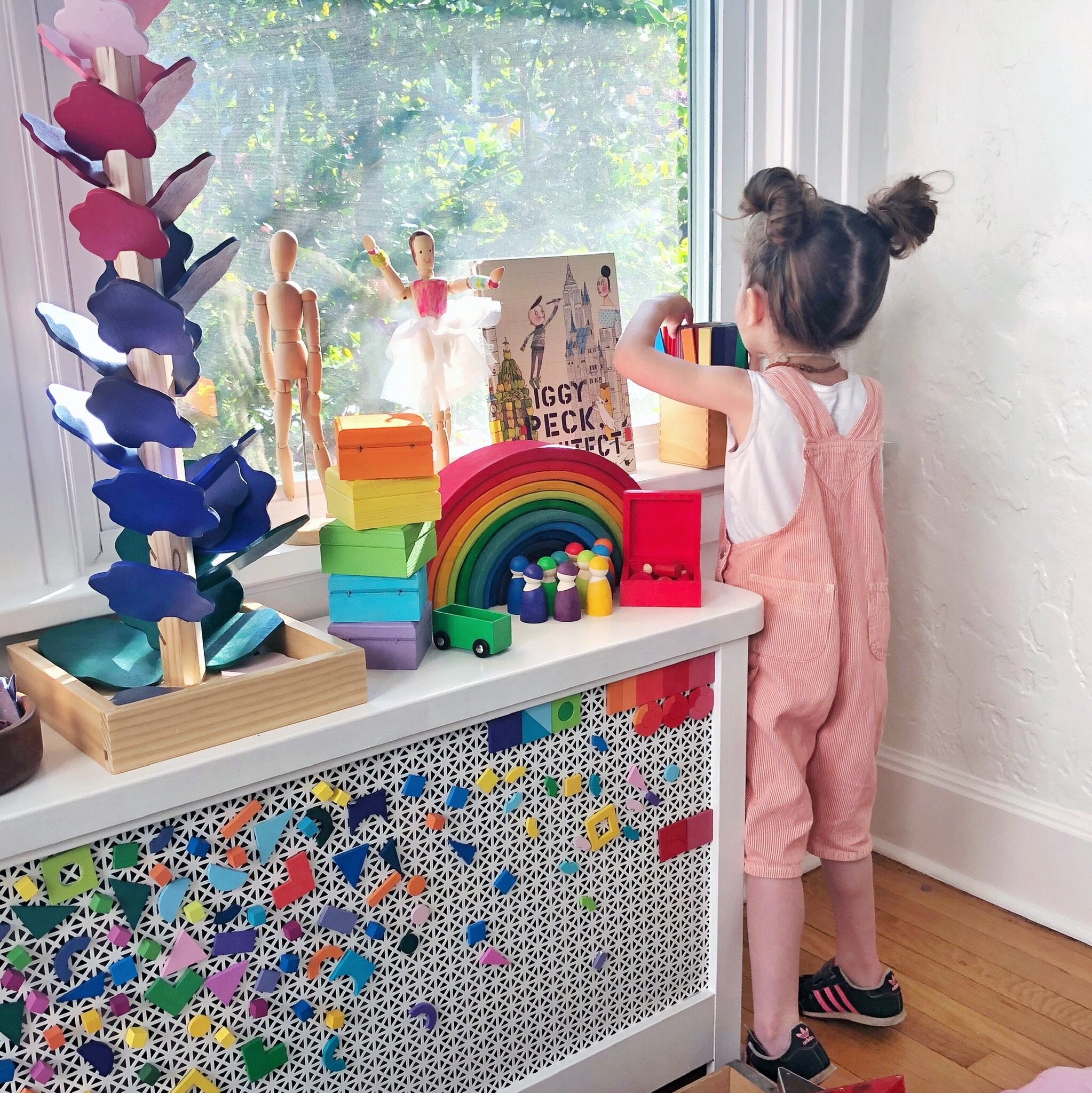How to Teach Your Child Gracious Gift Receiving: A Simple Guide
/We've all been there: Your child rips open a gift, and the look on their face says it all – it's not what they were hoping for.
Yikes! Before panic sets in at the thought of Aunt Susie's hurt feelings, let's arm ourselves with some strategies to gracefully navigate these all-too-common situations.
Oooof, they said that?!
First off, kids are like little truth bombs. They say exactly what they feel, no filter. If you're worried about offending Grandma with an unintentional outburst, plan your response in advance. Avoiding shaming ("Sam, that was rude!") is key. Instead, try: "Aunt Mary, you really know Noah so well! Thanks for this." or “Adam is still learning about receiving gifts graciously. Thank you so much for the thoughtful present.”
Role Play: The Gift Game!
For preschoolers, role-playing can work wonders. Kids learn so much through play. Try this: Have your little one wrap up some of their toys with play silks or bags (trust me, the wrapping is half the fun for them) and pretend to exchange gifts. Playfully overreact to a gift you "don't like" and see their reaction. Use this game as a springboard for discussions about feelings, gift-giving, and gracious receiving. Then, have them help you brainstorm some things that you CAN say!
Gift-Overload? Break it Down.
If possible, space out the gift opening. Picture this: Your child is surrounded by a mountain of presents. They’re running around, tearing into things- It's overwhelming, right? Sometimes kids can't handle the sensory and emotional overload.If relatives want that 'unwrapping' moment, why not record it at home and share it? It might just save a meltdown (or two!).
The Thank You Mantra
Craft a 'thank you' mantra with your child: Before attending any event where gifts will be received, sit down with your little one and come up with a gracious 'thank you' response. It can be as simple as, "Thank you for thinking of me!" This pre-planned phrase can serve as a go-to reaction for any gift.
Expect the Unexpected
Adjust your expectations. Remember that it is normal for children to say how they really feel and not to censor their feelings. It might feel embarrassing to you and to the other adults, but let the moment pass. It doesn’t mean your child is spoiled or that you did anything wrong as a parent. They’re still learning.








Rescuing them from discomfort also robs them of resilience.